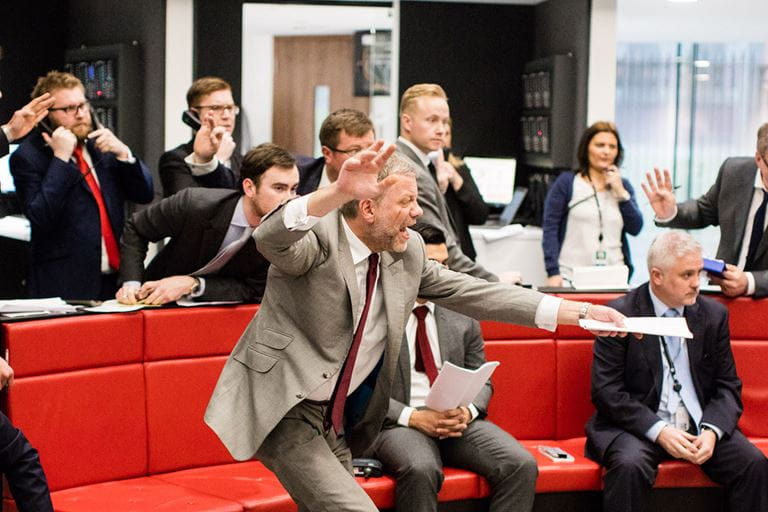Hedge fund Elliott challenges court verdict it lost against LME on nickel

US-based hedge fund Elliott Associates on Tuesday urged a London court to overturn a verdict supporting the London Metal Exchange’s (LME) cancellation of nickel trades partly because the exchange failed to disclose documents.
The LME annulled $12 billion in nickel trades in March 2022 when prices shot to records above $100,000 a metric ton in a few hours of chaotic trade.
Elliott and market maker Jane Street Global Trading brought a case demanding a combined $472 million in compensation, alleging at a trial in June last year that the 146-year-old exchange had acted unlawfully.
London’s High Court ruled last November that the LME had the right to cancel the trades because of exceptional circumstances, and was not obligated to consult market players prior to its decision.
Lawyers for Elliott told London’s Court of Appeal that the LME belatedly released documents in May detailing its “Kill Switch” and “Trade Halt” internal procedures. It also newly disclosed an internal report that Elliott said detailed potential conflicts of interest at the exchange.
“It was troubling that one gets disclosure out of the blue in the Court of Appeal for the first time,” Elliott lawyer Monica Carss-Frisk told the court. Jane Street Global did not appeal the ruling.
“If we had had them (documents) in the proceedings before the divisional court, we may well have sought permission to cross examine.”
LME lawyers said the new documents were not relevant.
“The disclosed documents do not affect the reasoning of the divisional court or the merits of the arguments on appeal,” the exchange said in documents prepared for the appeal hearing.
“Elliott’s appeal is largely a repetition of the arguments which were advanced, and rightly rejected.”
The LME said it had both the power and a duty to unwind the trades because a record $20 billion in margin calls could have led to at least seven clearing members defaulting, systemic risk and a potential “death spiral”.
Elliott said the ruling diluted protection provided by the Human Rights Act and also wrongly concluded the LME had the power to cancel the trades.
It said LME CEO Matthew Chamberlain had acted irrationally and did not have all the information needed to make a proper decision.
“Mr. Chamberlain’s evidence…indicates that he himself was unclear as to the ambit of the powers available to the LME,” Elliott said in a document prepared for the appeal.
The LME, the world’s largest metals marketplace, is owned by Hong Kong Exchanges and Clearing Ltd.
(By Eric Onstad and Pratima Desai; Editing by Jan Harvey and Arun Koyyur)
{{ commodity.name }}
{{ post.title }}
{{ post.date }}




Comments